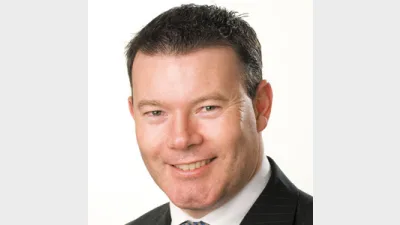Price of advice unlikely to decrease



Holistic advice services should not be thrown into the same bucket as low-level intra-fund advice when talking about the price, according to head of advice at Australian Unity Personal Financial Services, Craig Meldrum.
The compliance costs and the extra compliance burden that financial advice has acquired under the Future of Financial Advice (FOFA) reforms will make it impossible to “cheapen” the advice, Meldrum said.
His comments follow the release of an Industry Super Fund (ISN)-commissioned Rice Warner report, which found the average cost of advice would reduce from $2046 to $1163 in the next 15 years.
“I can’t see good quality advice - where advisers are acting in the full best interest of the client and not in the limited super fund capacity that the ISN is talking about - being less expensive,” Meldrum said.
“As we go forward you’ll have to pay for quality advice. If you want very poor quality, very limited scaled advice or lesser quality intra-fund advice - which can only look at aspects of your superannuation and so forth - then that will be cheaper.”
Meldrum said it would be wrong to throw all types of advice in one bucket and predict that the price of those services would be cheaper across the board.
“I think there will be a division between very limited intra-fund advice that only looks at one or two portions of your financial situation - and very holistic, very professional full scale advice, which is better for best interests of the client,” he said.
Meldrum spoke at the Association of Financial Advisers (AFA) Sydney Roadshow yesterday where he made a distinction between what the financial services reforms required of advisers in terms of acting in the best interest of the clients, and what the current FOFA regime requires.
Under FOFA, if an adviser identifies advice needs beyond what the client can afford they have a responsibility to notify the client of those needs, but not necessarily make a call about restricting the advice, unlike under the previous regime, Meldrum said.
“It’s not like you have to provide free advice if the client can’t afford it,” he said.
“Because we’re not taking commissions anymore, it is crucial that the adviser prices the advice according to what the client needs and what the client can pay for.”
Recommended for you
Winners have been announced for this year's ifa Excellence Awards, hosted by Money Management's sister brand ifa.
Adviser exits have reported their biggest loss since June this week, according to Padua Wealth Data, kicking off what is set to be a difficult December for the industry.
Financial advisers often find themselves taking on the dual role of adviser and business owner but a managing director has suggested this leads only to subpar outcomes.
Allianz Retire+ has appointed two individuals to support financial advisers as the firm seeks to expand its presence in the wealth management space.










